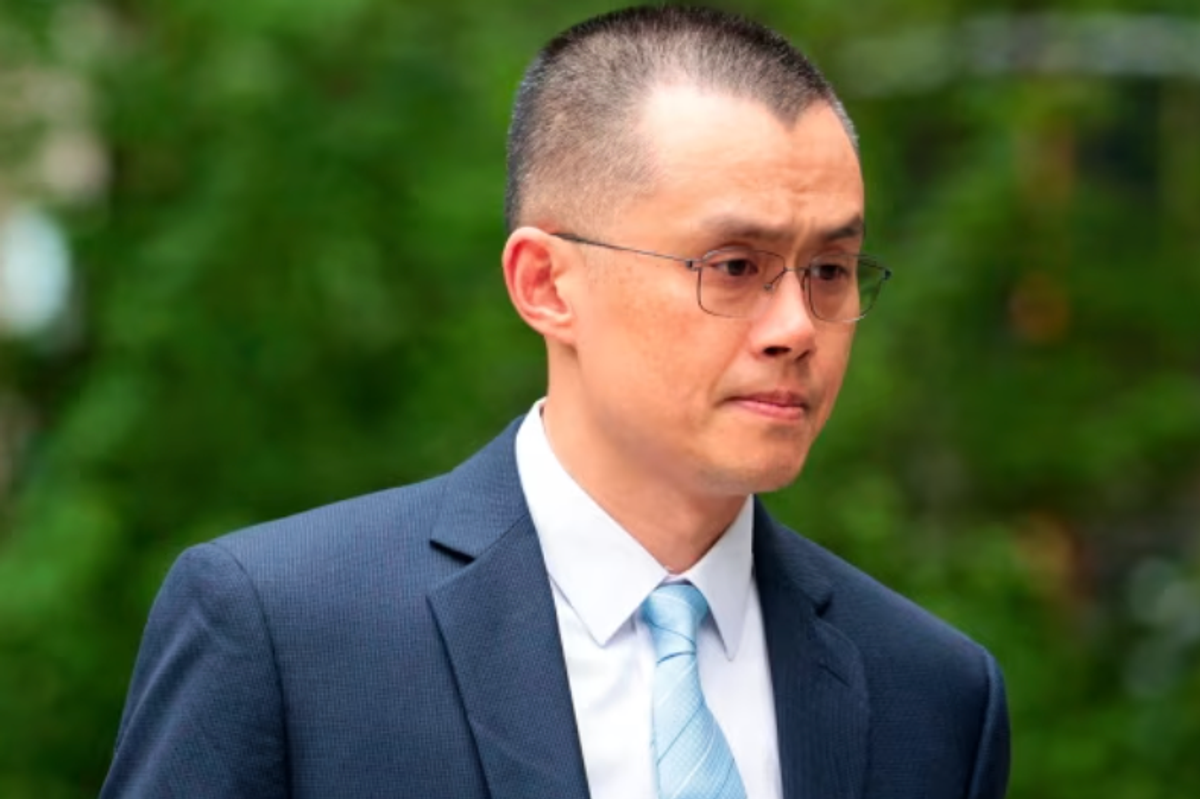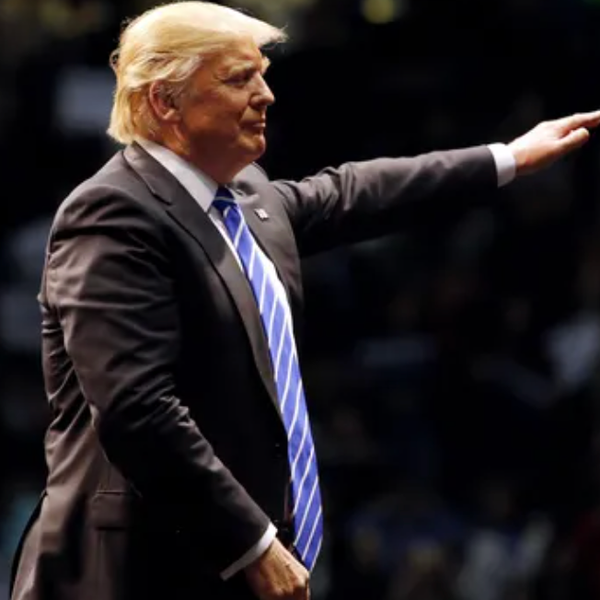Massive Conflict: Trump Enraged By Questions Over Pardon Of Binance Mogul

Changpeng Zhao
Just after pardoning the founder of Binance, President Donald Trump struggled to explain his decision — appearing unfamiliar with both the recipient and the legal issues surrounding the case that led to his conviction.
“President Trump has pardoned Changpeng Zhao,” The Wall Street Journal reported on Thursday, “the convicted founder of the crypto exchange Binance, following months of efforts by Zhao to boost the Trump family’s own crypto company.”
Asked on Thursday why he chose to issue the pardon, and if it had anything to do with Zhao’s involvement with the Trump family’s crypto business, the President responded, “Who is that?”
“The founder of Binance,” the reporter replied.
“The recent one, yes,” Trump said. “I believe we’re talking about the same person, ’cause I do pardon a lot of people.”
“I don’t know — he was recommended by a lot of people,” Trump continued. “A lot of people say that — are you talking about the crypto person?”
“Yes.”
“A lot of people say that he wasn’t guilty of anything,” the President declared. “He served four months in jail, and they say that he was not guilty of anything, that what he did —” Trump said before the reporter interjected.
“Well,” Trump responded, “you don’t know much about crypto, you know nothing about, you know nothing about nothing. You’re fake news.”
“But let me just tell you that he was,” Trump said, “somebody that, as I was told, I don’t know him, I don’t believe I’ve ever met him. But I’ve been told, a lot of support. He had a lot of support, and they said that what he did is not even a crime.”
“It wasn’t a crime, that he was persecuted by the Biden administration, and so I gave him a pardon at the request of a lot of very good people.”
The Wall Street Journal also reported that a “pardon will likely pave the way for Binance, the world’s largest crypto exchange, to return to the U.S. after the company pleaded guilty in 2023 to violating U.S. anti-money-laundering requirements and was barred from operating in the country.”
Reprinted with permission from Alternet
- Trump Family Wants A Piece Of Shady Binance Crypto Grift ›
- Terrorists? Drug Smugglers? How Trump's Corrupt Pardon Promotes Criminal Networks - National Memo ›








